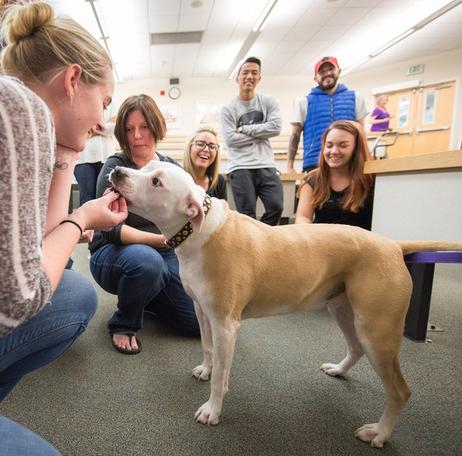Should You Declare Academic Bankruptcy?
Americans who have made bad financial decisions can begin fixing their poor financial history by declaring bankruptcy. However, for community college students, did you know that a similar process exists for bad grades? A semester riddled with poor grades can be wiped clean with academic bankruptcy. While an academic bankruptcy will not magically disappear from your records in seven years as a financial bankruptcy does, there are many advantages to undergoing the process. However, there are also some definite negatives to making this decision.
Pros of Academic Bankruptcy
Although academic bankruptcy may sound like a novel term, it may help raise your community college GPA. When you declare educational bankruptcy, you essentially erase the grades of one entire semester or quarter. If you’ve gotten good grades during your first two semesters in community college and then had one lousy semester due to medical, family, or other issues, that one bad semester can completely ruin your GPA. By declaring that one semester bankrupt, the grades that you received will not be calculated as part of your overall GPA. This can be a good strategy to repair and boost your cumulative GPA.
If you have lost your financial aid eligibility because of a cumulative GPA that does not meet the minimum requirements, then declaring academic bankruptcy may help you regain your financial aid more expeditiously. However, because policies vary from college to college, you should discuss this situation with your community college’s






















